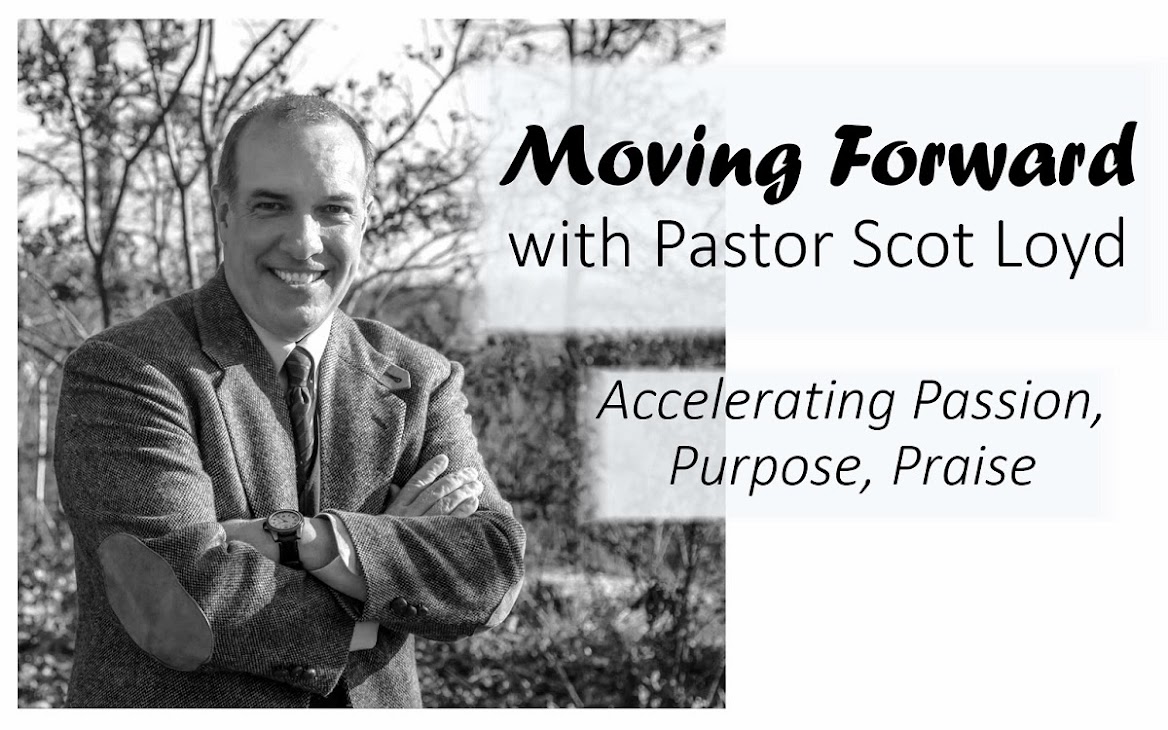In his book, The Experience
Economy: Work is Theater and Every Business a Stage, James Gilmore writes that business may be the leading
institution of our day and as such sets the trends for other institutions to
follow including the Church. In an interview with www.modernreformation.org, he
states, “…in multiple spheres of life and culture, we
see this desire for experiences. But what we address explicitly in the book is
the desire for consumers to have experiences today.”
He goes
on to point out that the church service, which was also a reflection of the
1950’s service industry has now been replaced by a “Worship Experience”. It
seems that many of the arguments in churches today center around the tension of
relating to the culture without compromising the Gospel. As Gilmore states it,
“I've had pastors approach me who read The Experience Economy in seminary. They ask, "How can we make the worship
experience more compelling, more engaging?" My answer is that we already
have this institution ordained by God and given to us; we can't get any more
multi-sensory than the Lord's Supper.”
The
understanding asserted by Gilmore is a great lesson to learn. Rather than the
Church following the trends of the culture, the Church should seek to be
counter-cultural, and makers of culture.
Let me be clear that I am not arguing against a particular style of
music, architecture, or fashion, because it is true that many of what we call
the great hymns of the Church were written to the popular bar tunes of the day.
As with all of society, taste in music, architecture, and fashion are
constantly changing. But what I am arguing for is the fact that Holy Scripture,
primarily, and Church tradition, secondarily, have given us principles as to
how these and other attributes of a worship service should be employed.
Acts
chapter two verse forty-two gives us insight into what the early Church looked
like, “And they devoted themselves to the apostles’ teaching and fellowship, to
the breaking of bread and to prayer.” It is clear that the early Church made
teaching, fellowship, participation in the Lord’s Supper, and prayer their
priorities. The question is do we? When someone says after a Sunday worship
service, “that was good church” what do they mean by that? I have often heard
people use this terminology after a service where there was no preaching, but
simply an emotional response to a particular choir number. How far removed are
we from the practice of the early Church when we can describe a service where
no one opened a Bible, a good service?
It is
clear that we have adopted the trends of the world when we attempt to describe
our desire for worship in the language of experience. Here is the problem with
experience. It is subjective. What may be a good experience for me may be a bad
one for you. I may be more emotionally oriented and you may be more
intellectual. So how can we hope to succeed in crafting a “Worship Experience”
that is beneficial to all involved?
The
answer is that we can’t, because worship was never intended to be a subjective,
private event. Worship is a collective event based upon an objective truth and
lived out in our daily lives. The “Worship Experience” culture has given us
masses of people who go to Church, but the Bible talks very little about going
to Church. It calls us to belong to a Church. There is a grand deal of
difference in being a consumer of Christianity and being a Christian. The early
Church came together to hear from God’s Word, to pray, to fellowship and break
bread and then left the Church to make a difference in the world, to challenge
and make the culture.
As
Gilmore observes, “… I think sometimes we, as Christians are not participating
as fully in the invention of new experiences and transformations in our private
lives because we've retreated to doing those activities in the church. How many
aspiring rock musicians are playing in the house band of the church instead of
being in the marketplace? I'd rather have them in the marketplace. Acts 17:17
says that Paul went daily into the marketplace to reason with whoever happened
to be there. To me, that's the theme verse: go into the marketplace. Experience
and transformations offer opportunities to do that, as opposed to doing the
experiences and transformations inside the Church.”
Christ
calls us to belong to the His Body, to partake of His Table, to love and esteem
His Word, serve His people, proclaim His Gospel and exalt His name. This is
more than an experience it is a life lived in Christ.


No comments :
Post a Comment